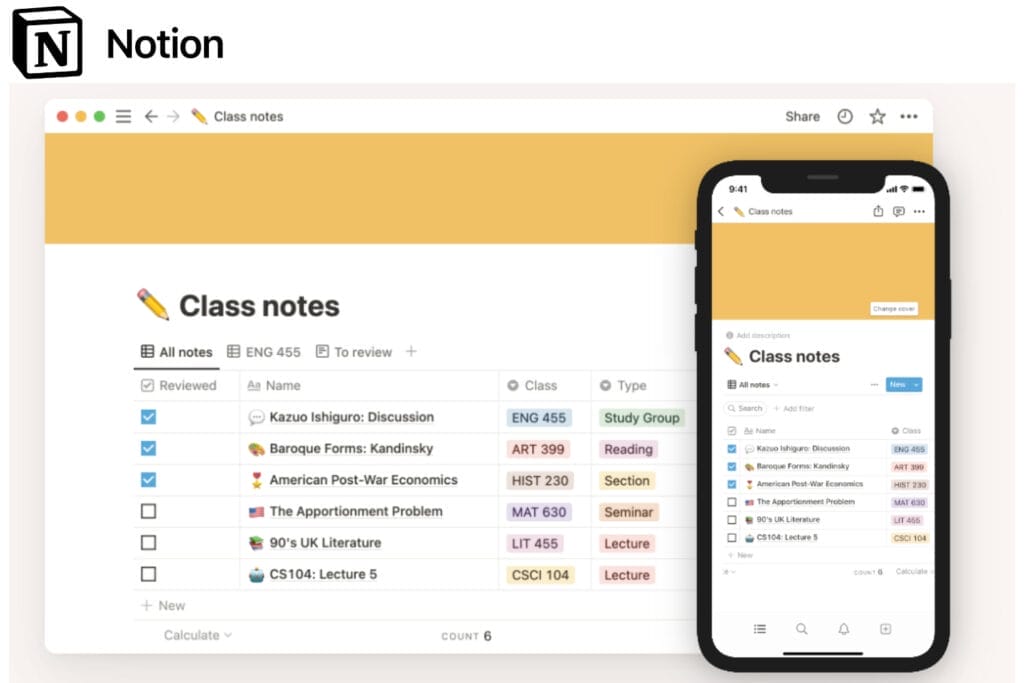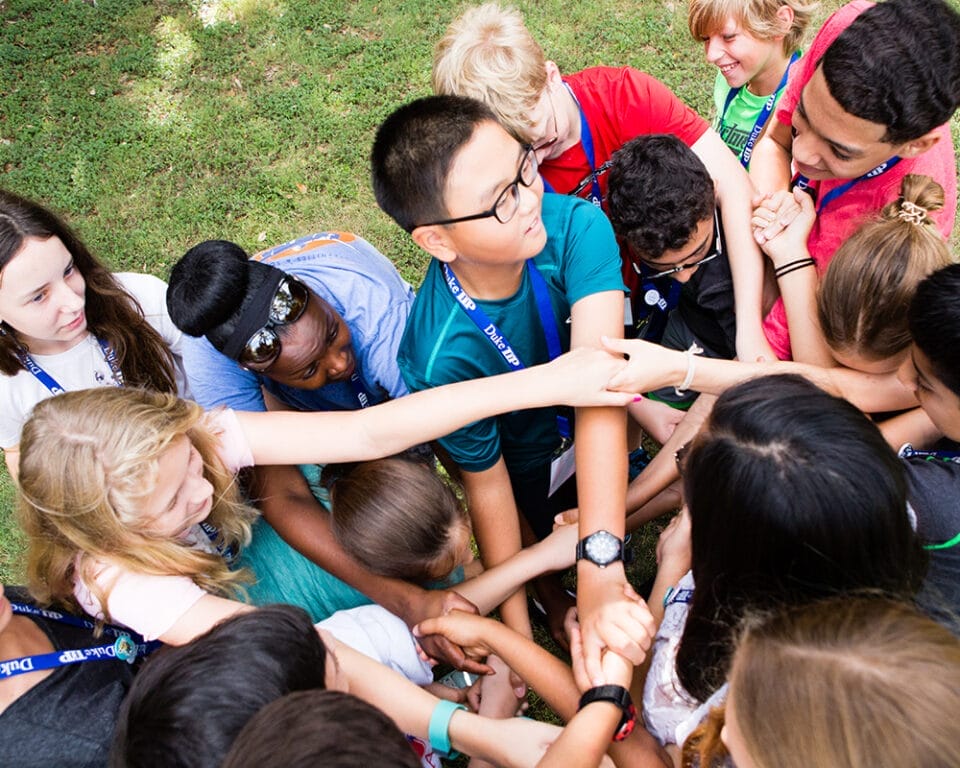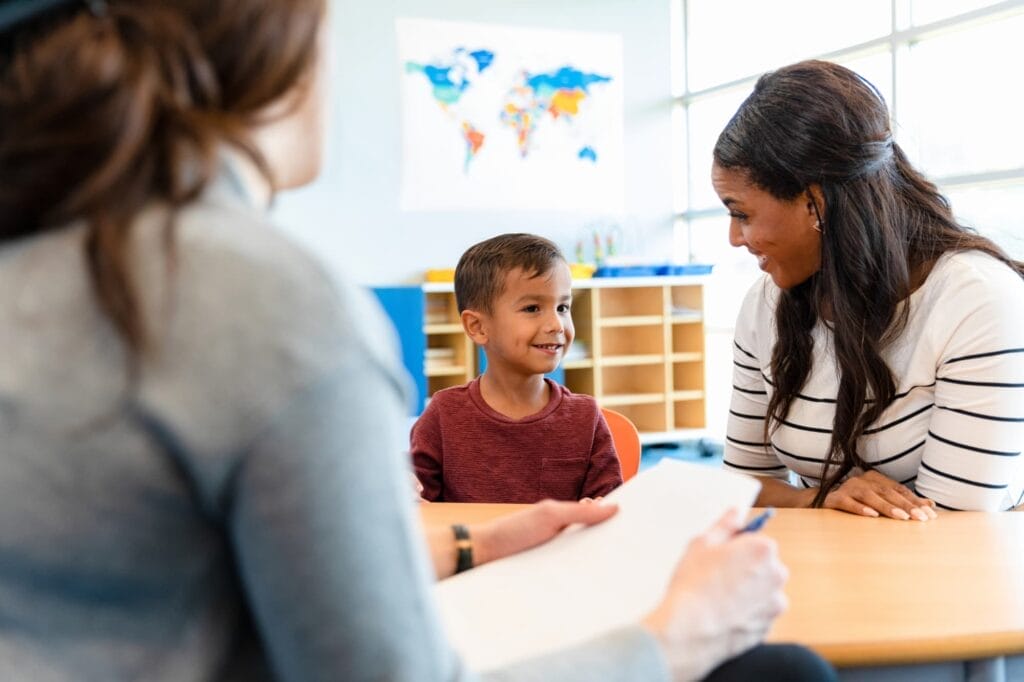10 Best Ways to Help Your Singapore Kids Succeed in School
Introduction
Navigating the Singaporean education system can be a challenging journey, not just for students but also for parents. With the high academic standards and competitive environment, every parent wants to ensure their child is not just surviving but thriving. But how do you go about it? In this article, we break down the 10 best ways to help your Singapore kids succeed in school. Let’s get started!

Table of contents
- Introduction
- No Time to Read? Here’s a Snappy Summary of This Article
- 1. Prioritize Time Management
- 2. Create a Study-Friendly Environment
- 3. Encourage Active Learning
- 4. Utilize Technology Wisely
- 5. Foster a Love for Reading
- 6. Emphasize Holistic Development
- 7. Open Lines of Communication
- 8. Set Realistic Expectations
- 9. Seek Professional Help When Needed
- 10. Be Their Biggest Cheerleader
- Conclusion
- Meanwhile, Check Out Tropika Club’s Ecosystem of Websites
No Time to Read? Here’s a Snappy Summary of This Article
- Cultivate Curiosity: Encourage exploration and questioning to foster a love for learning outside traditional academics.
- Embrace Diversity: Expose children to various cultures, promoting empathy and a global perspective.
- Balanced Lifestyle: Encourage extracurricular activities for a well-rounded development beyond academics.
- Effective Communication: Teach kids to express themselves confidently, aiding both academics and social interactions.
- Supportive Environment: Create a safe space at home for open discussions and addressing challenges constructively.
- Adaptability and Resilience: Foster a mindset that embraces change and learns from setbacks, building resilience.

1. Prioritize Time Management
Time management is a skill that not only adults but also children need to master. In Singapore’s fast-paced academic environment, juggling schoolwork, extracurricular activities, and family time can be overwhelming. Teach your child the art of prioritizing tasks and setting achievable goals. Use tools like planners or apps to track assignments and deadlines. This will not only help them manage their academic workload but also instill a sense of responsibility and discipline.

2. Create a Study-Friendly Environment
A conducive study environment can make a world of difference in a child’s academic performance. Ensure that your home has a quiet, well-lit space dedicated to studying. Keep distractions like television and mobile phones at bay during study hours. This helps your child focus better and absorb information more effectively, setting them up for success in Singapore’s rigorous educational landscape.

3. Encourage Active Learning
Passive learning is a thing of the past. Encourage your child to take an active role in their education. This could mean participating in class discussions, asking questions, or even teaching a concept to someone else. Active learning enhances comprehension and retention, making it easier for your child to excel in exams and class assessments.

4. Utilize Technology Wisely
Technology can be a double-edged sword. While it offers a plethora of resources for learning, it can also be a source of distraction. Teach your child to use technology as a tool for academic success. There are numerous educational apps and online platforms that can supplement classroom learning and offer practice exercises.

5. Foster a Love for Reading
Reading is the cornerstone of education. Cultivate a reading habit in your child from a young age. Not only does it improve vocabulary and comprehension skills, but it also opens up new worlds and perspectives. Make regular trips to the library or bookstore and let your child pick books that interest them. This will make the reading experience enjoyable and enriching.

6. Emphasize Holistic Development
Academic success is important, but so is holistic development. Encourage your child to participate in extracurricular activities like sports, arts, or community service. These experiences build character, improve social skills, and provide a much-needed break from academic pressures.
_
Read Also:
10 Smart Ways to Get Your Kid to Study in Singapore
_

7. Open Lines of Communication
Communication is key in any relationship, including the one with your child. Regularly talk to them about their day, their challenges, and their achievements. This not only strengthens your bond but also gives you insights into any issues they may be facing academically or socially.

8. Set Realistic Expectations
Every child is unique, and it’s important to recognize and celebrate that. Set achievable goals and realistic expectations for your child. This fosters a positive mindset and reduces undue stress, allowing your child to perform to the best of their abilities.

9. Seek Professional Help When Needed
Sometimes, despite best efforts, children may struggle in certain subjects or areas. Don’t hesitate to seek professional help like tutors or educational psychologists. Early intervention can make a significant difference in a child’s academic journey.

10. Be Their Biggest Cheerleader
Last but not least, be your child’s biggest supporter. Celebrate their achievements, no matter how small, and provide a safe space for them to share their failures. Your encouragement and support will be the wind beneath their wings, propelling them to greater heights in their academic endeavors.
Conclusion
Helping your child succeed in school is a collaborative effort that involves not just the teachers and the education system, but also you as a parent. By implementing these 10 strategies, you’re setting the stage for your child’s academic success in Singapore. Remember, the journey may be long and filled with challenges, but the rewards are well worth the effort. Happy parenting!

FAQ FOR 10 BEST WAYS TO HELP YOUR SINGAPORE KID SUCCEED IN SCHOOL
Q: How important is a balanced lifestyle for my child’s success in school?
A: Encouraging a balanced lifestyle helps kids develop skills beyond academics, fostering a holistic approach to learning.
Q: What role does a supportive home environment play in a child’s education?
A: A supportive home environment encourages open communication and provides a safe space for addressing challenges constructively.
Q: Why is adaptability crucial for a child’s success in school?
A: Adaptability helps children embrace change and learn from setbacks, building resilience and problem-solving skills.
Q: How can I foster curiosity in my child’s learning journey?
A: Encouraging exploration and questioning helps nurture a genuine love for learning beyond traditional academics.
Q: What’s the significance of exposure to diverse cultures in a child’s education?
A: Exposure to diverse cultures promotes empathy and a global perspective, enriching a child’s understanding of the world.
Q: How does effective communication impact a child’s academic performance?
A: Teaching kids to express themselves confidently aids both academics and social interactions, enhancing overall success in school.

Have an Article to Suggest?
Tropika Club is always looking for new and exciting content to feature in their magazine and they value the input of our readers. If you have any noteworthy content or articles that you believe would be a great addition to Tropika Club’s magazine, we are open to suggestions and encourage you to reach out to us via email at [email protected]. By doing so, Tropika Club values your expertise and knowledge in the matter and appreciates your willingness to help. We will review your recommendations and update our list accordingly
Meanwhile, Check Out Tropika Club’s Ecosystem of Websites
Tropika Club Magazine – Tropika Club Magazine is a Singapore-based publication that features articles on a wide range of topics with a focus on local businesses and content for the region. The magazine emphasizes supporting local businesses through its #SupportLocal initiative, which includes coverage of everything from neighborhood hawker stalls to aesthetic clinics in town. In addition to highlighting local businesses, Tropika Club Magazine also covers a variety of local content, including beauty, lifestyle, places, eats, and what’s on in Singapore and the Asia Pacific region.



